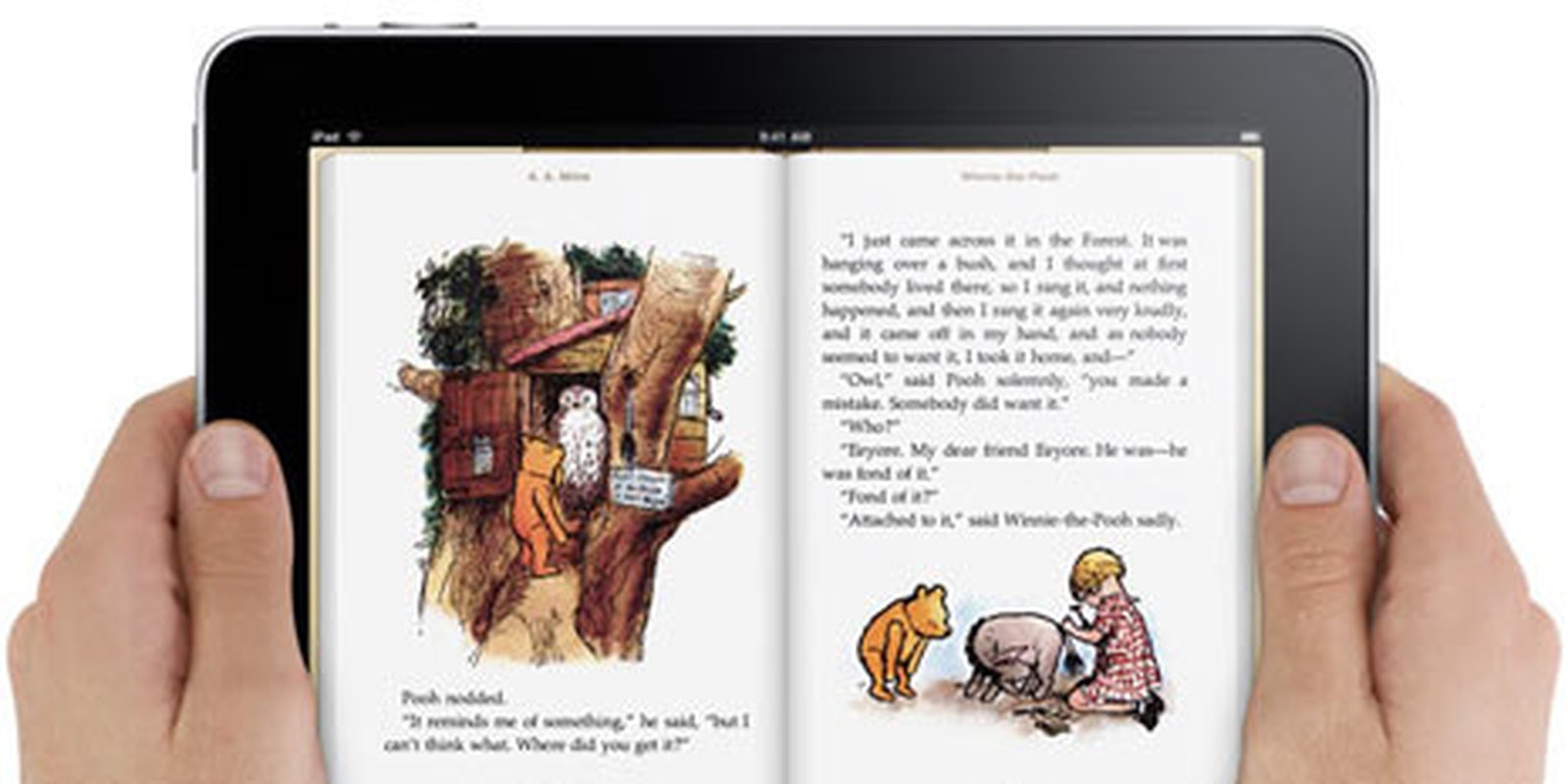When the U.S. Department of Justice sued Hachette, HarperCollins, Macmillan, Penguin, Simon & Schuster, and Apple for colluding in an effort to raise e-book prices, the big publishers didn’t like their chances and settled.
The reply from Apple? “See you in court.”
Cut to three months later, and according to the Wall Street Journal’s MarketWatch:
Federal Judge Denise Cote of the U.S. District Court of the Southern District of New York found that book publishers would not have succeeded in raising the price of e-books without the help of Apple, which secured deals with the publishers in the spring of 2010 to help support the launch of the first iPad tablet.
The conspiracy has much to do with Amazon, whose Kindle tablet for some time suffered no real competition—until the advent of the iPad, that is.
With Kindle editions of e-books priced around $9.99, the major publishers began fretting about profit loss from the new medium, which is when Apple swooped in to offer a solution.
Apple executive Eddy Cue, according to the ruling, made it clear in negotiations that the company was willing to charge up to $14.99—still less than the cost of a physical book, but enough incentive to make publishers break with Amazon and ally with Apple.
The late Steve Jobs himself is heavily implicated in the ruling, which contains a section titled “Steve Jobs’ Statements”:
Jobs’ purchase of an e-book for $14.99 at the Launch, and his explanation to a reporter that day that Amazon’s $9.99 price for the same book would be irrelevant because soon all prices will “be the same” is further evidence that Apple understood and intended that Amazon’s ability to set retail prices would soon be eliminated.
What remains a point of contention is whether Apple can be said to have plotted price-fixing across an entire industry or was just, as Cue maintains, figuring out a model for their own bookselling. At any rate, they’ll appeal the decision, but they may want to prepare to pay damages. A June article in the Raw Story detailed the millions already doled:
The largest settlement was with Penguin for $75 million, while a settlement with Hachette, Harper Collins, and Simon & Schuster created a $69 million fund for refunds to consumers. Macmillan settled for $26 million.
It must be difficult to keep shouting your innocence even as your accomplices pay the piper. This may also be the first time that a legal win for Amazon is a win for readers, too.
Photo by Welkyn Publishing/Flickr


